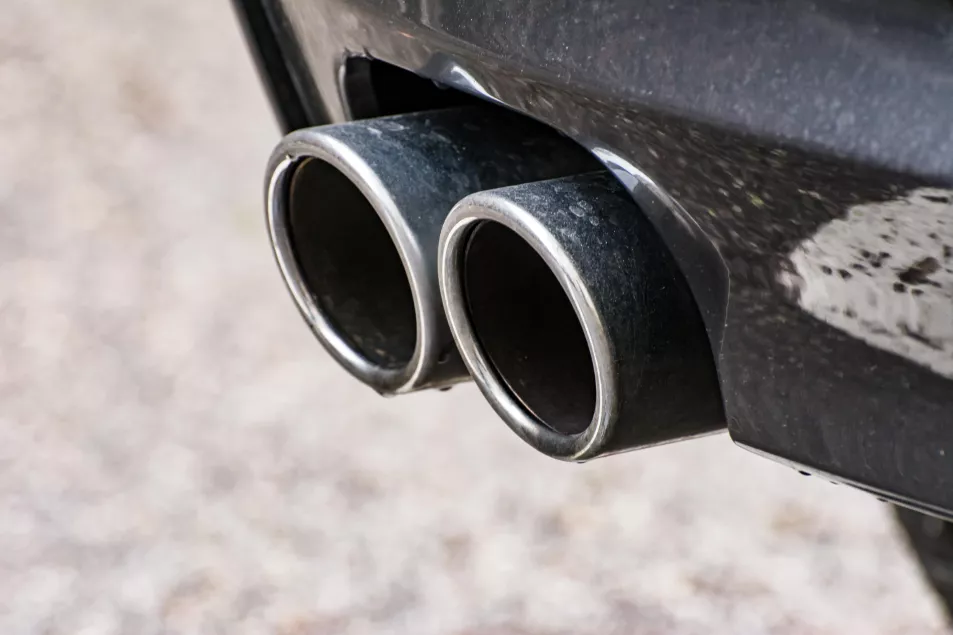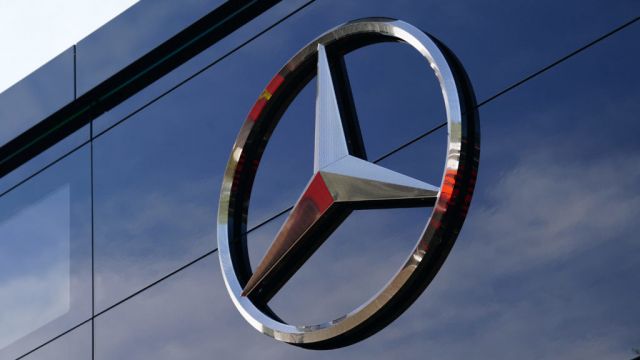Mercedes-Benz is facing more than 330,000 compensation claims from motorists over allegations it unlawfully fitted “defeat devices” on diesel vehicles to get around emissions tests, the High Court was told.
The German manufacturer is alleged to have “deliberately misled” customers over whether its cars complied with emissions standards through the “concealment” of the banned technology.
Law firms representing hundreds of thousands of consumers and businesses are seeking to link their claims for damages against Mercedes – which denies installing “defeat devices” – at a hearing in London on Thursday.
The bid to bring what lawyers claim will be the largest consumer group action before the English courts is the latest legal development in the aftermath of the “dieselgate” emissions scandal.
In May, Volkswagen agreed to pay £193 million to more than 90,000 vehicle owners after it settled a group claim for compensation brought in the wake of the emissions testing revelations around seven years ago.

The court was told that the legal teams for motorists and Mercedes agreed on the need for a group litigation order to manage the numerous cases against the manufacturer and its authorised dealerships.
Oliver Campbell KC, representing the car owners, said multiple law firms were helping bring around 336,000 claims and proposed that law firms Leigh Day and Pogust Goodhead act as lead solicitors in a group claim.
He told the court the “core allegation” against Mercedes was that it “manufactured and sold vehicles with defeat devices in breach of the emissions regulations” for which it had “no tenable defence”.
In written arguments, the barrister said it was alleged that affected vehicles would pass regulatory testing but that the devices would “turn down or, in some cases, turn off” nitrous oxide (NOx) emissions control systems when driven in “normal” conditions.
Mr Campbell said that under EU rules “the use of defeat devices that reduce the effectiveness of emissions control systems is generally prohibited” and Mercedes allegedly knew that, during normal use, their effect was to “produce far higher amounts of NOx than was permitted”.
He added that Mercedes was allegedly aware the devices “were unlawful and that they could not be justified by the need to protect components of the engine”.
The lawyer said Mercedes was accused of being involved in an “unlawful cartel” linked to the use of its AdBlue technology and faced claims of “deceit” and that it had breached emissions regulations and competition law.
Helen Davies KC, representing Mercedes, said in written submissions that it “denied entirely” liability over the alleged inclusion of “defeat devices” in its vehicles.
She said there were “crucial differences” between the cases against it and the Volkswagen litigation and that “significant care” was needed when referring to it.
The barrister said “emissions control is complex” and that there was “significant variation in the hardware, software and calibration of parameters” of the “very wide range” of vehicles involved in the claims against it.
She said the manufacturer would show that there was no “reduction of effectiveness” in its systems.
The hearing before Judge Barbara Fontaine, who is being asked to approve the group litigation order, is expected to conclude on Friday.
In September 2015, Volkswagen Group announced that 11 million vehicles worldwide, including almost 1.2 million in the UK, were affected by the “dieselgate” scandal, prompting a flurry of litigation around the world.
Tens of thousands of owners of affected Volkswagen diesel vehicles in England and Wales – including VW, Audi, Seat and Skoda cars – took legal action, with the High Court initially asked to decide whether software installed in the cars was a “defeat device” under EU regulations.
In an April 2020 ruling, Mr Justice Waksman ruled that “the software function in issue in this case is indeed a defeat device”.
Car owners’ lawyers argued Volkswagen “cheated” European emissions standards, which were designed “to save lives”, by installing unlawful “defeat devices” in its diesel vehicles.
But the multimillion pound out-of-court settlement was subsequently reached, with no admissions being made by the car manufacturer about liability, causation or loss.







